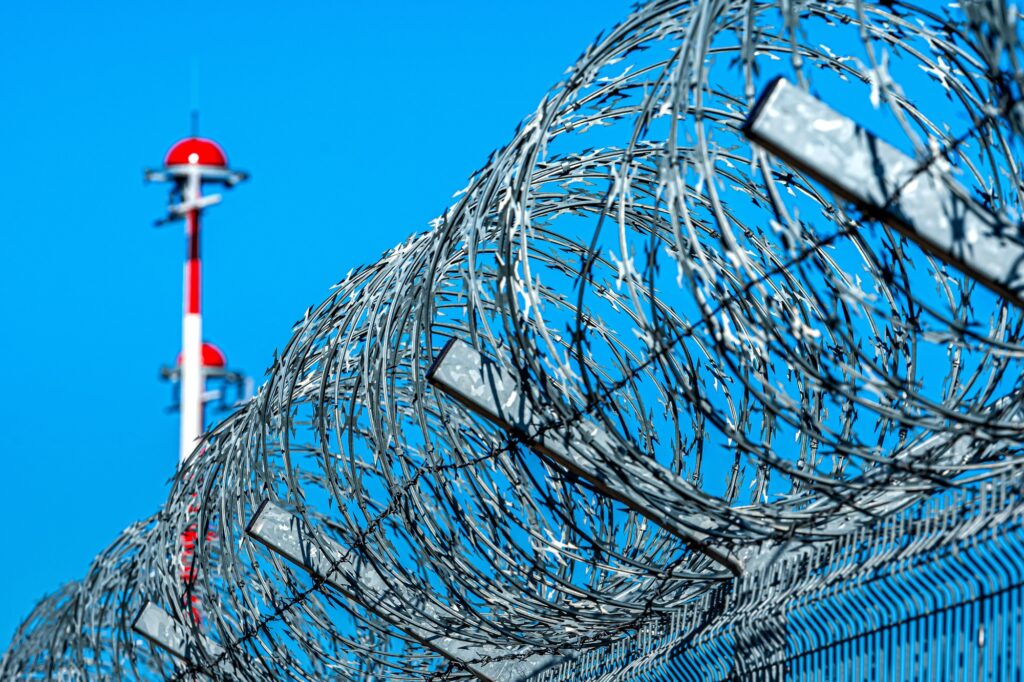Introduction
Recent developments within the Schengen Area have captured the attention of migration observers as Switzerland’s justice minister voices concern over a notable uptick in internal border checks. This issue matters for travelers, policymakers, and businesses, and hints at broader implications for the freedom of movement long championed by the Schengen agreement.
Key Takeaways
- Swiss justice minister raises alarms over increased internal border controls within the Schengen zone.
- Heightened checks challenge the core principles of free movement across European borders.
- Concerns emerge over potential legal and political ramifications for both Switzerland and other Schengen states.
- The measures may disrupt standard travel procedures and affect cross-border businesses.
- Experts debate the balance between enhancing security and preserving centuries-old migration freedoms.
Main Body
The Core Issue
Swiss authorities are reportedly implementing more frequent internal border checks, a move that has caught the attention of the justice minister, who warns it could erode the fundamental freedoms within the Schengen Area. This development affects travelers, local businesses, and border communities that have long relied on seamless cross-border movement.
Context and Background
Historically, the Schengen Area was designed to eliminate rigid border controls among member states to promote free movement. However, recent security concerns, evolving migration patterns, and political pressures have led some countries, including Switzerland, to reassess internal border policies. With roots in post-war European integration, these changes are stirring debates about the balance between security and liberty.
Impacts and Consequences
The practical implications of reinstating internal border checks are significant. Travelers could face increased scrutiny and delays, while cross-border trade and services may suffer from additional bureaucratic layers. For communities near borders, the measures may disrupt daily routines and impact local economies, amplifying feelings of isolation and uncertainty.
Reactions and Commentary
Government officials and migration experts are divided on the issue. Some argue that heightened security measures are a necessary response to emerging threats, while others decry the move as a departure from Schengen’s core values. The justice minister’s remarks indicate a cautious approach, questioning whether such controls are justified or legally sustainable in the long run.
What Comes Next
Attention now turns to policy debates and potential legal challenges surrounding these internal checks. Analysts predict that the conversation will intensify among Schengen partners, prompting reassessments of border management and security arrangements. As authorities balance between safety and freedom, migrants and businesses alike should prepare for ongoing changes in border protocols.
Opinion
In my view, this tightening of internal border checks is a classic case of security overreach. Let’s not pretend that stringent measures won’t have ripple effects on the free movement of people and goods — what’s really going on here is a cautious, yet worrisome, retreat from the European ideal of open borders, driven by modern anxieties that rarely offer neat legal solutions.
Conclusion
The concerns raised by Switzerland’s justice minister underscore a fundamental tension between maintaining security and upholding the open-border promise of the Schengen Agreement. Moving forward, stakeholders should closely monitor policy shifts and legal debates, as the evolving situation may well redefine how internal security measures integrate with longstanding migration liberties.
Hashtags
#SchengenArea #BorderChecks #SwissPolicy #FreeMovement #MigrationDebate










